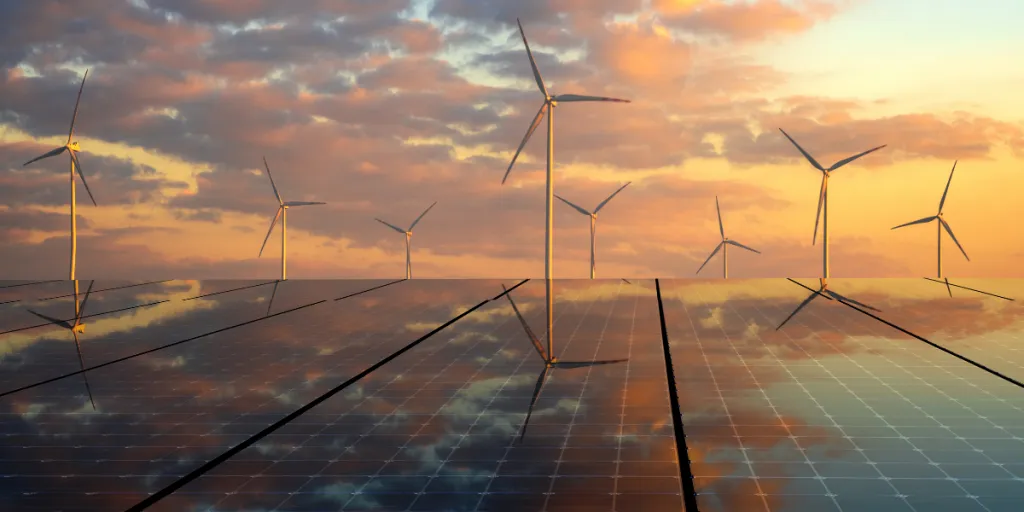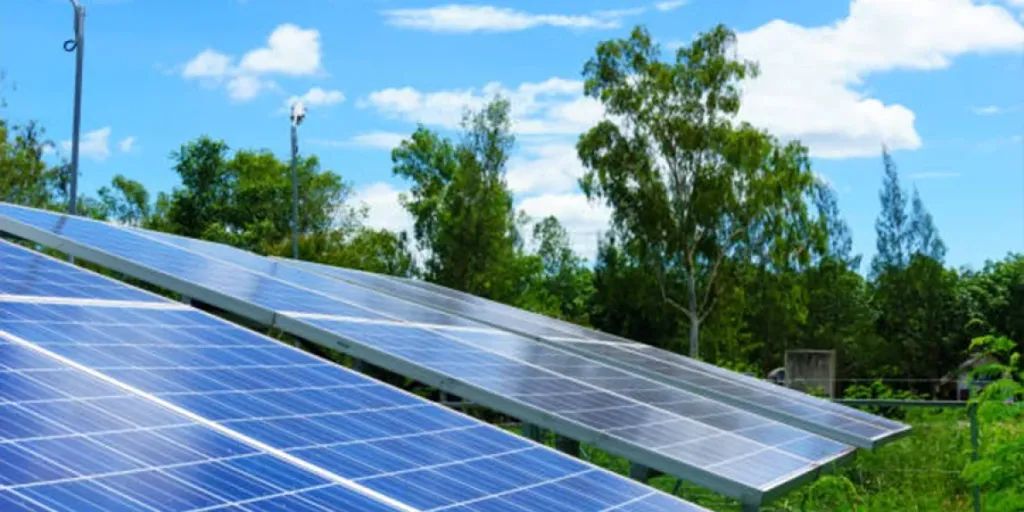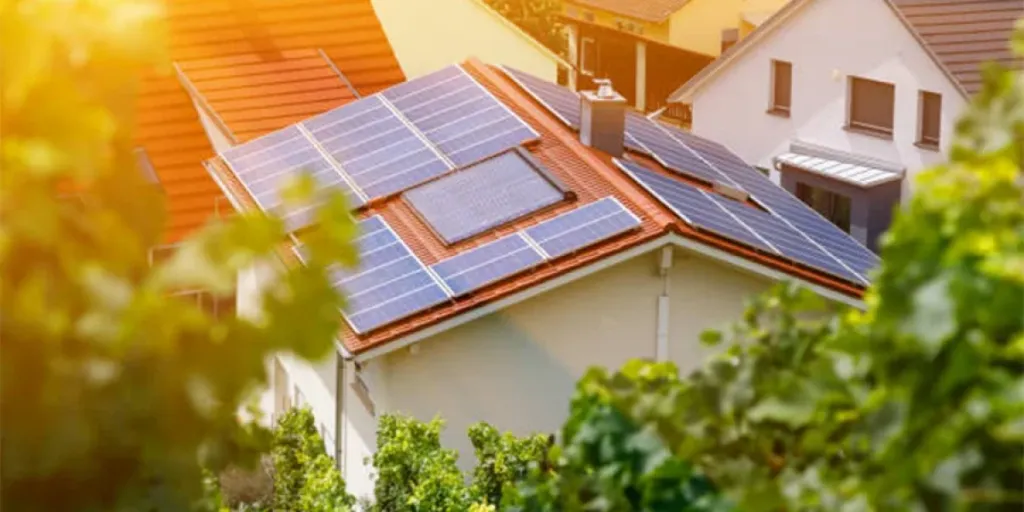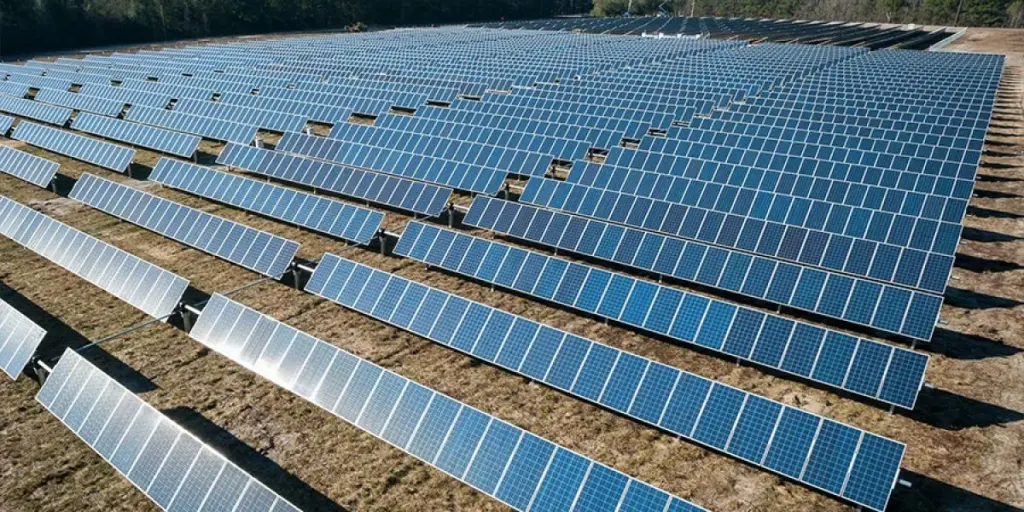- The US installed 5.6 GW DC new solar capacity in Q2/2023, led by 3.3 GW DC from the utility-scale solar
- Commercial and community solar segments declined YoY due to Interconnection delays, supply chain constraints and uncertainty over IRA
- Analysts expect the US to end 2023 as a record year for solar with 32 GW DC new capacity installed
As supply chain challenges abate and policies under Inflation Reduction Act (IRA) start to take hold, the Solar Energy Industries Association (SEIA) and Wood Mackenzie expect a record solar year for the US, forecasting the country to exit 2023 with 52% YoY growth to 32 GW DC new PV capacity installed.
A total of around 12 GW DC has already come online, comprising 6.1 GW DC in Q1 and 5.6 GW DC in Q2, which means analysts expect H2/2023 to add another 20 GW DC. By 2028, the cumulative capacity is likely to expand to 375 GW from 153 GW today, state analysts in the US Solar Market Insight Q3 2023 report.
The utility-scale segment added 3.3 GW DC in Q2/2023 while the residential segment contributed with 1.8 GW DC, both growing on a YoY basis. The commercial solar segment installed 9% less than last year with 345 MW DC, whereas community solar declined by 16% to 226 MW DC in the quarter.
Interconnection delays, supply chain constraints and uncertainty over IRA implementation played spoilsport for commercial and community solar segments, according to the report.
Yet, increasing energy prices in certain states is driving demand in the commercial solar market, and the sector is expected to grow by 11% in 2023.
Utility-scale solar pipeline stands at 90 GW DC, giving analysts visibility into the growth the country could achieve in the near future. Between 2023 and 2028, they forecast 172 GW DC new utility-scale capacity to come online even as the segment continues to face supply chain challenges.
If all the manufacturing capacity announced since the launch of the IRA comes online, it will lead to a total module manufacturing capacity of 108.5 GW by 2026, up from 10.6 GW at present. It should ease supply conditions over the next few years.
“But the IRA has yet to drive more solar projects through final stages of development, causing pipeline growth to stagnate,” reads the report. Analysts list a number of reasons for this including high interest rates, elevated hardware and labor costs, and increased local opposition to clean energy projects, along with uncertainty around qualifying and claiming IRA benefits.
“In the year since its passage, the IRA has undoubtedly caused a wave of optimism across the solar industry,” said Head of Global Solar at Wood Mackenzie, Michelle Davis. “Now the challenge becomes implementation — the industry is waiting for clarity on several IRA provisions before moving forward with solar investments.”
Source from Taiyang News
The information set forth above is provided by Taiyang News independently of Alibaba.com. Alibaba.com makes no representation and warranties as to the quality and reliability of the seller and products.




